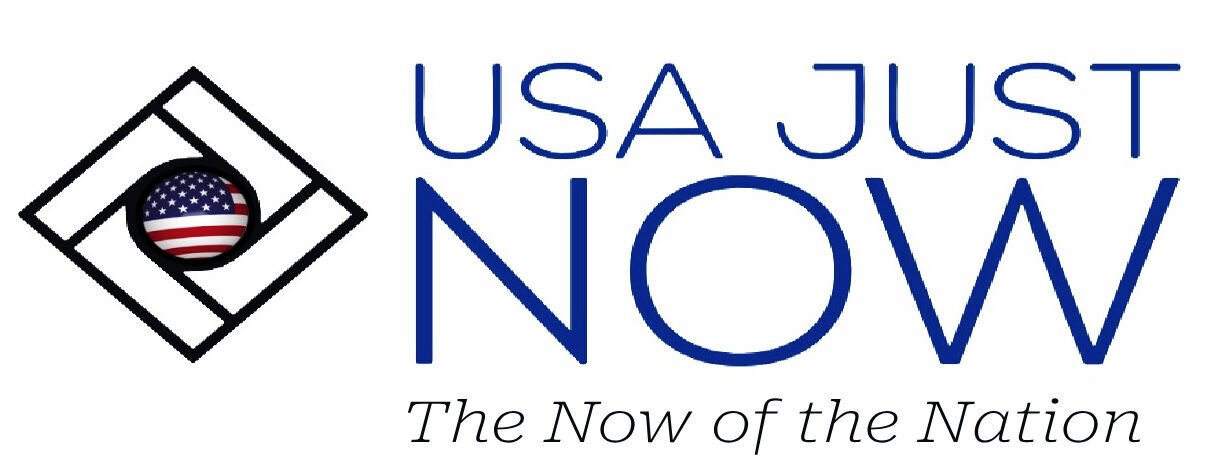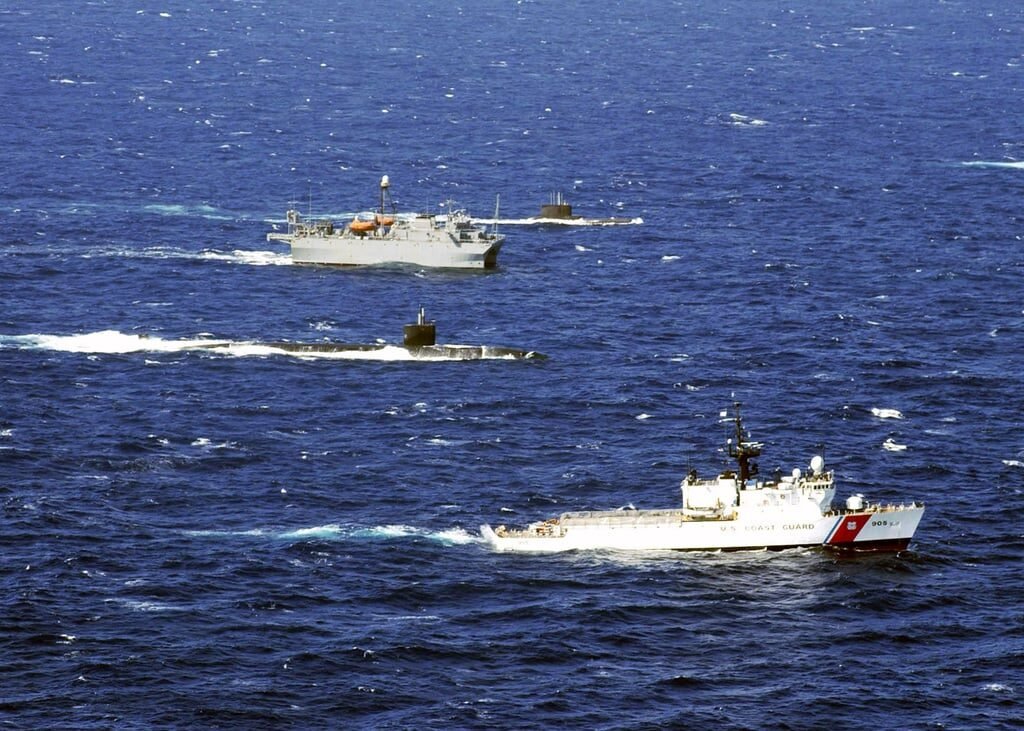US Military Sinks Alleged Drug Vessel, 11 Dead: A Bold Move Sparks Alarm
WASHINGTON D.C. – In a dramatic escalation that’s already sending jitters through the Caribbean, President Donald Trump announced Tuesday that the American military took out an alleged drug-smuggling boat coming from Venezuela. This “kinetic” strike, as he termed it, reportedly killed 11 people. Apparently, the target was a group identified by U.S. officials as the Tren de Aragua gang – a name that just recently landed on the list of foreign terrorist organizations.
Here’s the thing: this aggressive action isn’t happening in a vacuum. It’s unfolding right alongside a significant uptick in U.S. military might flexing its muscles in the Caribbean. And guess who’s not happy about it? Venezuelan leader Nicolás Maduro, who’s been pretty vocal about his displeasure regarding Washington’s increased presence.
The Strike: Details Emerge (Slowly)
President Trump himself was the one to break the news, hopping onto his Truth Social platform. He shared a fuzzy, black-and-white aerial video, claiming it showed a motorboat zipping across some choppy waves before, well, exploding into a ball of fire. “On my Orders, U.S. Military Forces conducted a kinetic strike against positively identified Tren de Aragua Narcoterrorists in the SOUTHCOM area of responsibility,” his post read. He made sure to highlight that 11 “terrorists” were “killed in action,” with no U.S. forces harmed. His sign-off was a stark warning: “Please let this serve as notice to anybody even thinking about bringing drugs into the United States of America. BEWARE!”
Later, Secretary of State Marco Rubio filled in a few more blanks, calling it a “lethal strike” that went down in “international waters” in the “southern Caribbean.” He specified the target was a “drug vessel which had departed from Venezuela,” pointing out that this particular route is, sadly, “common” for drug runners. We don’t have exact figures from the Pentagon yet – no word on what kind of drugs were on board, or how much – but U.S. officials are firm: it was packed with illegal narcotics headed straight for the States.
The administration paints Tren de Aragua, originally from Venezuela, as a “narcoterrorist” group, even going so far as to claim it operates “under the control of Nicolas Maduro.” Caracas, naturally, isn’t having any of it. In fact, Venezuela’s Communications Minister Freddy Ñáñez went a step further, suggesting Trump’s video might even be AI-generated – a theory Reuters initially checked and found no strong evidence for, though they’re still looking.
When a “Suspected” Boat Gets Blown Up: A New Precedent?
This isn’t just another drug bust. This operation feels different, like a major shift in the Trump administration’s “war on drugs,” especially against Latin American cartels. Think about it: intentionally destroying a suspected vessel and its crew instead of trying to catch them? That’s not your everyday counter-narcotics play. It actually brings to mind tactics used against militant groups. As Adam Isacson from the Washington Office on Latin America put it, rather pointedly, “‘Being suspected of carrying drugs’ doesn’t carry a death sentence.” It certainly raises eyebrows.
This strike isn’t a one-off, either. It’s clearly part of a much bigger game plan. For the last couple of months, the U.S. military has been seriously beefing up its presence in the southern Caribbean. We’re talking multiple warships, even a nuclear-powered fast attack submarine, plus thousands of Marines and sailors. These aren’t just for show; they’re equipped to carry helicopters, and some can even launch cruise missiles. Add in P-8 spy planes, and you’ve got a comprehensive force ready for action, giving the president a buffet of military choices.
Maduro’s Fury and the Looming Cloud
You can imagine Venezuela’s reaction. This military buildup and now a direct strike? President Nicolás Maduro is absolutely furious. He’s called the U.S. deployments “the greatest threat that has been seen on our continent in the last 100 years.” He even threatened to “declare a republic in arms” if the U.S. dared to intervene militarily. And let’s not forget, the Trump administration has sweetened the pot to $50 million for anyone with information leading to Maduro’s arrest on drug-trafficking charges. Meanwhile, Venezuelan officials continue to insist that Tren de Aragua is old news within their borders, supposedly dismantled in a 2023 prison raid.
With President Trump’s ominous promise of “more where that came from,” it seems we’re in for more tension. The U.S. is clearly signaling a hardline, assertive stance in a region already wrestling with tricky politics and the relentless, tragic flow of illegal drugs. The big questions about international law and the wisdom of such military actions against alleged cartel members in open waters? Those debates are definitely far from over.






